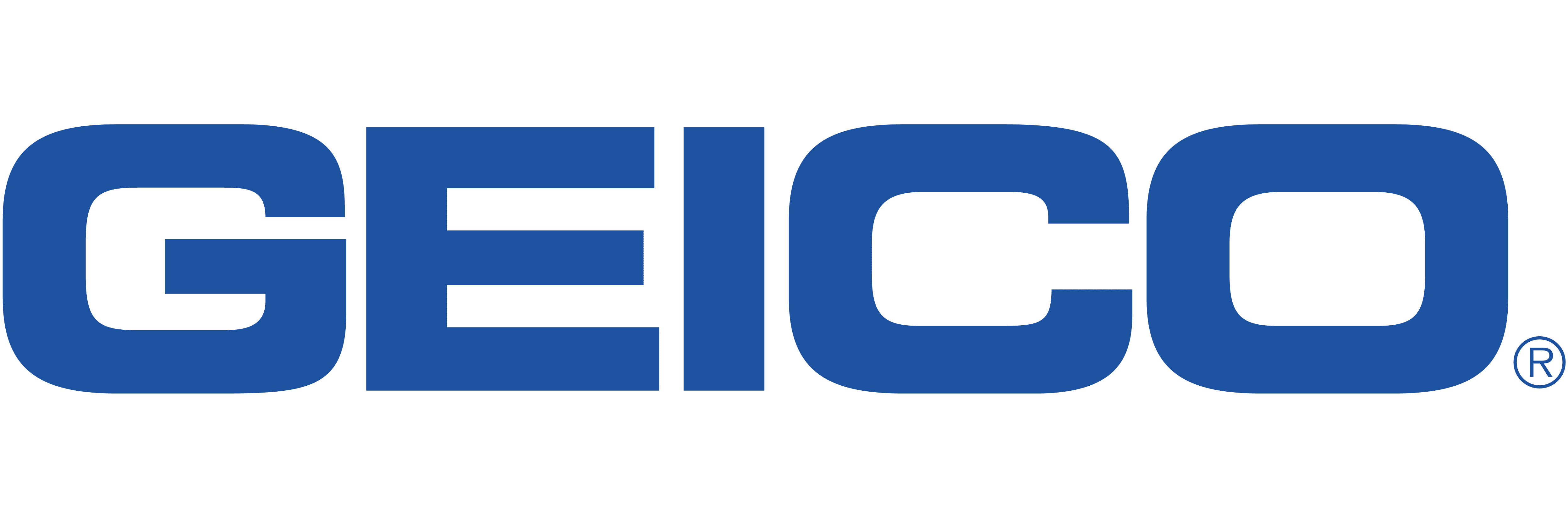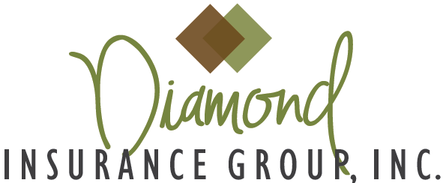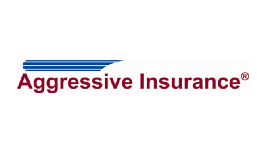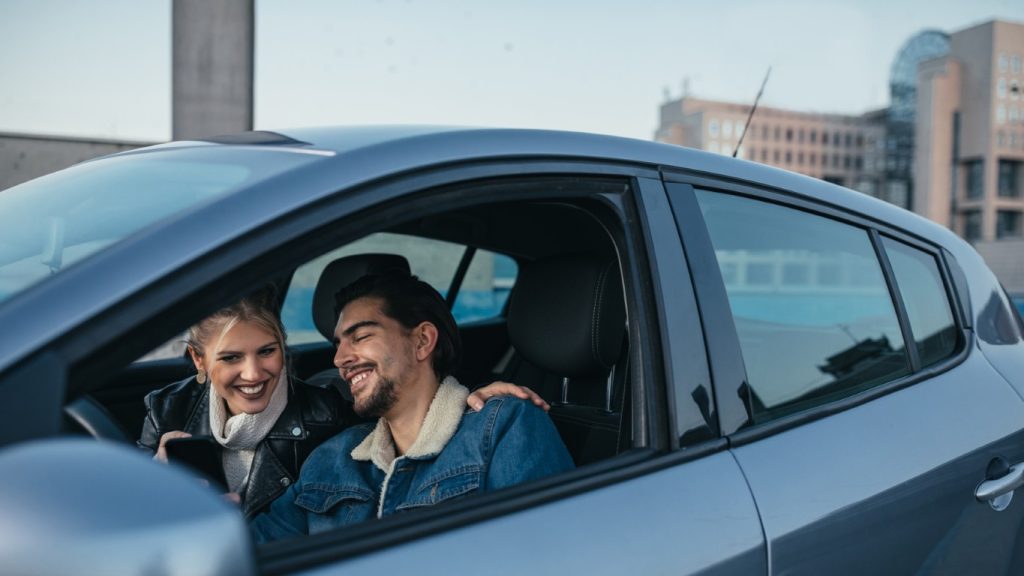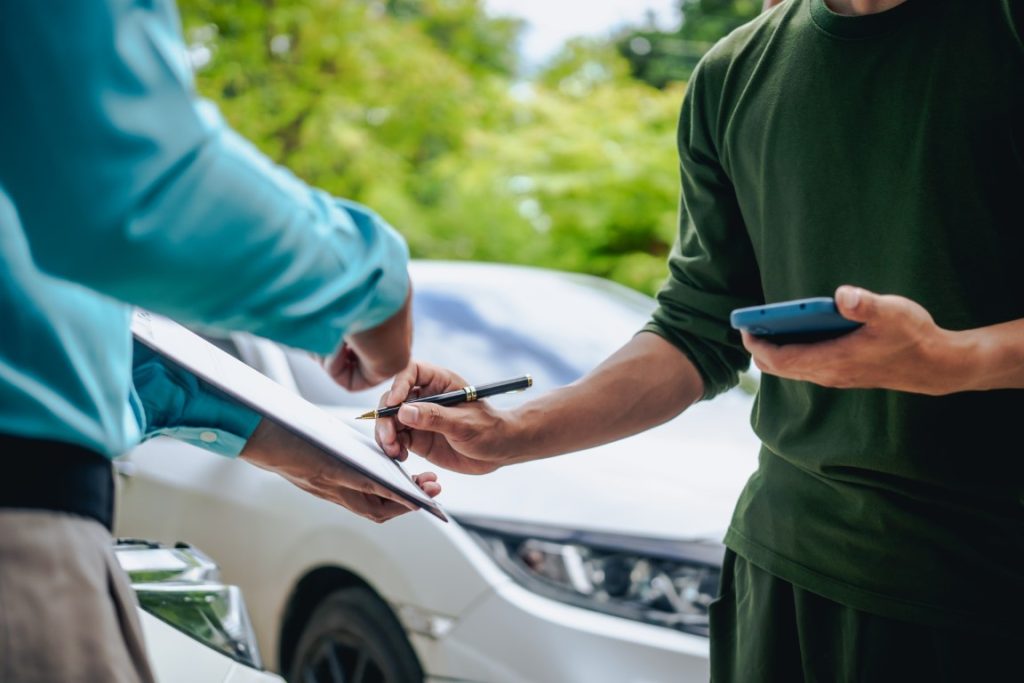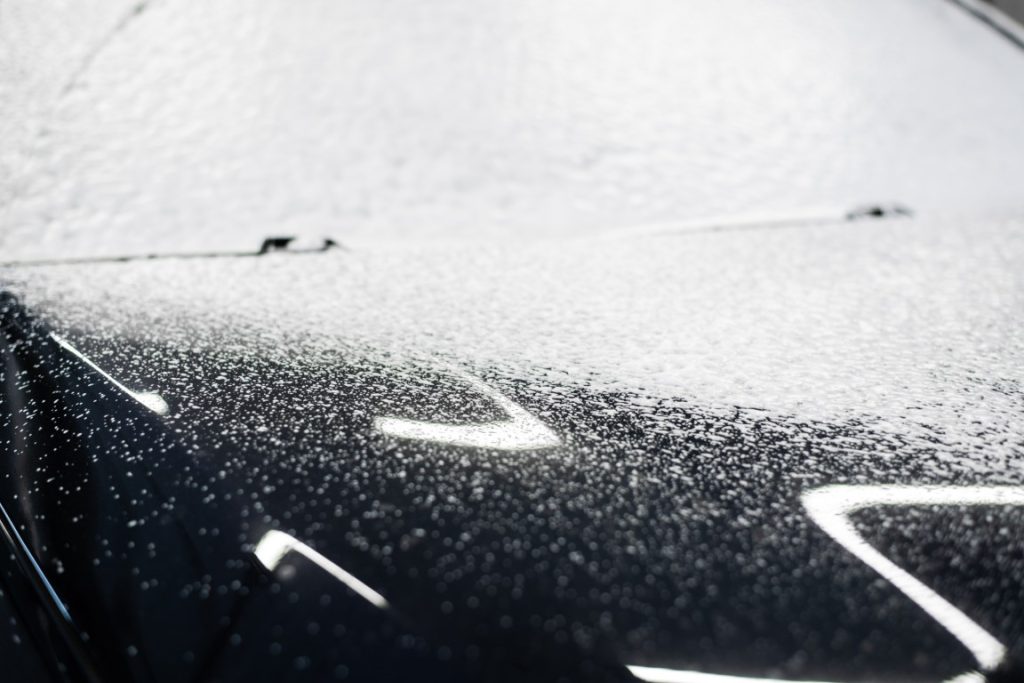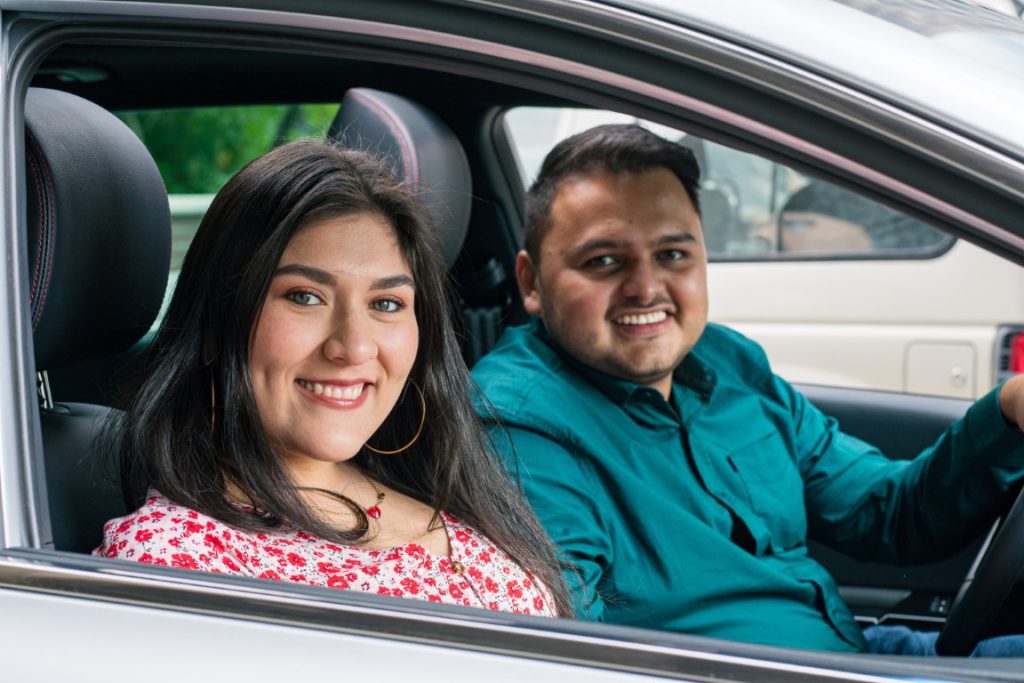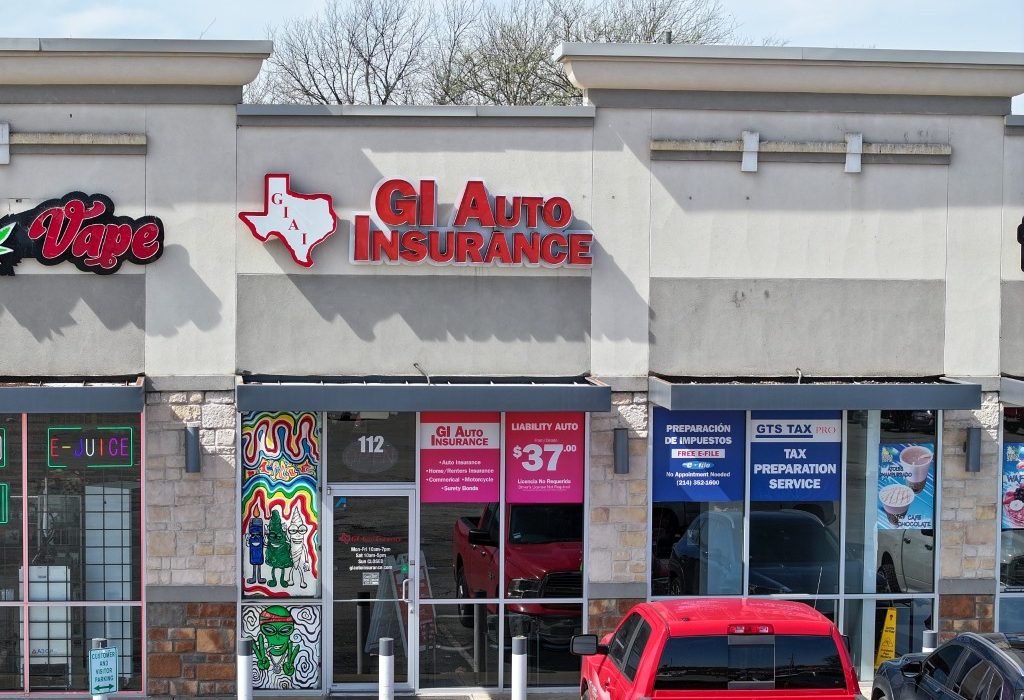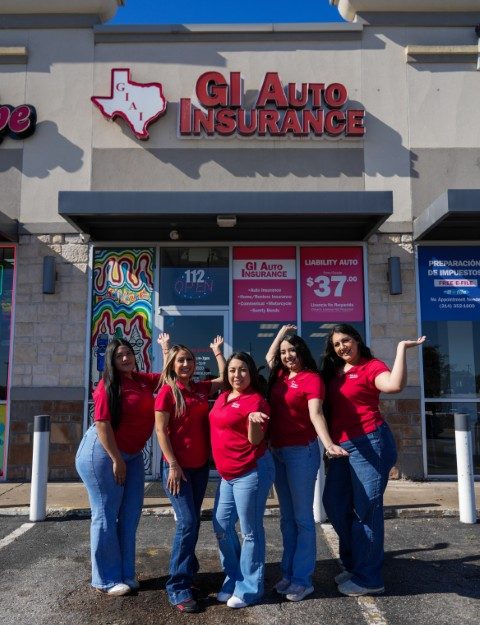Non-Owner SR-22 in Texas: 7 Essential Facts
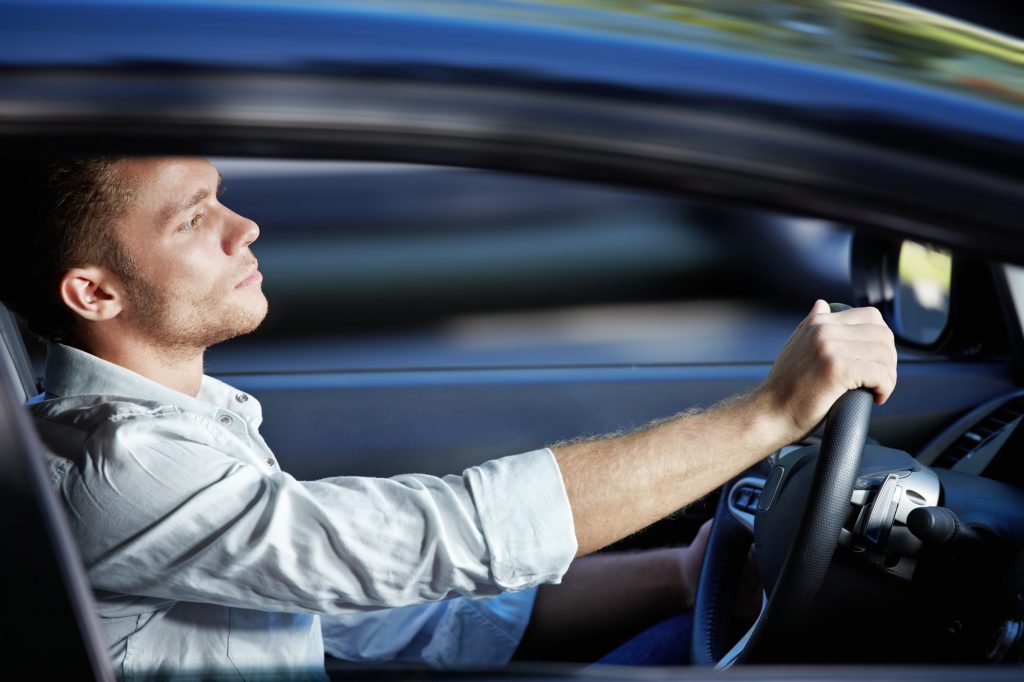
Table of Contents
Non-Owner SR-22 in Texas: When You Need It and What It Covers
Who needs it, what it covers, and how to file fast in 2025
Non-Owner SR-22 in Texas is a common requirement if you need to reinstate your license but don’t currently own a car. This guide explains exactly when the Texas Department of Public Safety (DPS) asks for an SR-22, what a non-owner policy does and doesn’t cover, how to file it correctly, and simple ways to keep costs in check.
Short on time? Contact us for a no-pressure quote and same-day filing options.
What is a Non-Owner SR-22 in Texas?
An SR-22 is not insurance—it’s a certificate of financial responsibility your insurer files with DPS to prove you’re carrying at least the state-required liability limits. If the policy lapses, your insurer notifies DPS and your driving privileges can be suspended again. Texas Department of Public Safety+1
A non-owner SR-22 is the same filing, paired with a non-owner auto policy (for people who drive but don’t own a car). Texas consumers can buy a non-owner liability policy that pays for injuries and damage you cause while driving cars you don’t own. Texas Department of Insurance
When do you need a Non-Owner SR-22 in Texas?
You may be required to file an SR-22 after certain violations (for example: uninsured crashes, DWI, or driving while license invalid). If you don’t own a vehicle, DPS confirms you can meet the requirement with a Texas non-owner SR-22. Texas Department of Public Safety
Other situations where this filing helps:
You borrow or rent cars but need license reinstatement.
You’re between vehicles but must maintain proof of financial responsibility.
You’ve moved to Texas and must comply with a Texas SR-22 requirement.
Important: Allowing your SR-22 policy to lapse triggers a notice to DPS and can re-suspend your license—even if you’re not currently driving. Texas Department of Public Safety
What Non-Owner SR-22 in Texas covers
A non-owner auto policy is typically liability-only. It pays for bodily injury and property damage you cause to others while driving a car you don’t own. (It’s how you satisfy the state’s minimum 30/60/25 liability requirement.) Texas Department of Insurance+1
Some insurers also allow you to add PIP (Personal Injury Protection) and UM/UIM (Uninsured/Underinsured Motorist) to a non-owner policy, both of which must be offered in Texas unless rejected in writing by the named insured. Texas Department of Insurance+1
What a Non-Owner SR-22 doesn’t cover
Damage to the car you’re driving (no collision/comprehensive on non-owner): you’re covered for others’ losses, not your own vehicle. NerdWallet+1
Cars you own or regularly use: Non-owner is for occasional use of vehicles you don’t own; frequent use or household vehicles may be excluded. Allstate
Other drivers using a vehicle on your policy: non-owner is tied to you as a driver, not to a specific car or household. NerdWallet
Texas liability basics you must meet
Texas’ minimum liability limits are 30/60/25—$30,000 per person, $60,000 per accident, and $25,000 for property damage. A non-owner policy used with an SR-22 must meet (or exceed) these limits. Texas Department of Insurance
Pro tip: Even without a car, UM/UIM and PIP can protect you if you’re hurt by an uninsured driver or need medical/lost-wage benefits. Texas requires companies to offer both unless you reject them in writing. Texas Department of Insurance
How to file a Non-Owner SR-22 in Texas (step-by-step)
Get a non-owner quote with SR-22 filing from an insurer or local independent agency.
Confirm coverage: at least 30/60/25 liability; consider UM/UIM and PIP. Texas Department of Insurance+1
Insurer files SR-22 electronically with DPS—ask for proof of filing. Texas Department of Public Safety
Stay continuous: set up auto-pay; a lapse notifies DPS and can re-suspend your license. Texas Department of Public Safety
Re-quote periodically: as market rates change, compare carriers again.
Costs: what to expect in 2025
Statewide, 2025 auto rate increases are slower than 2024’s spike, but SR-22 customers still pay more than standard risks. Your price depends on driving history, ZIP, and coverage choices. Shopping multiple carriers—especially non-standard and regional—helps. Houston Chronicle
Common use cases: renter, commuter, in-between cars
Frequent renter: a non-owner policy’s liability may be more economical than buying the rental company’s liability every time. (You’d still need a collision damage waiver for the rental car itself.) Progressive
Car-sharing or borrowing: protects you if the car owner’s limits are low or lapsed. Texas Insurance Information Portal
Between vehicles: keeps insurance history active and satisfies SR-22 requirements. Texas Department of Public Safety
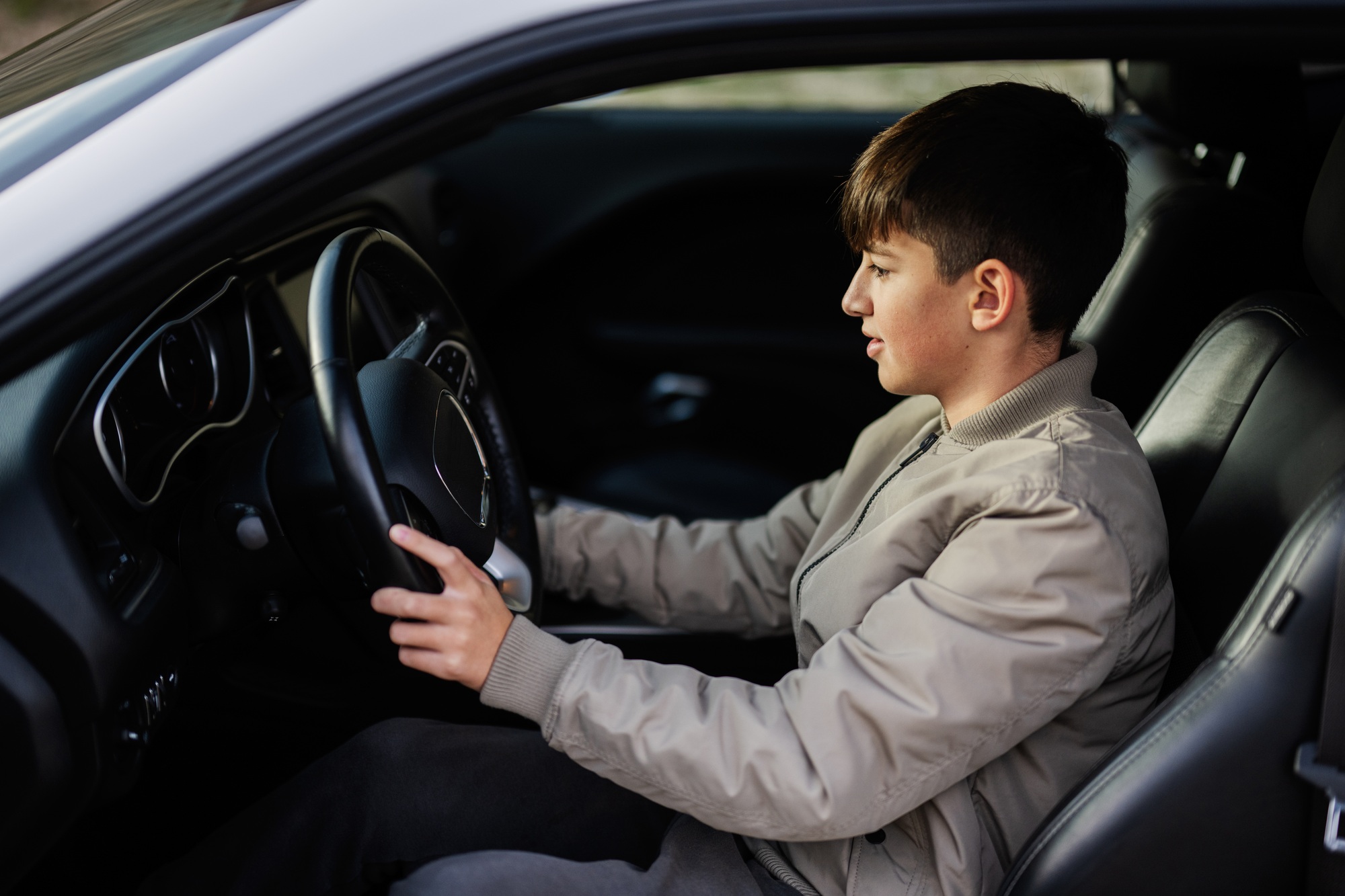
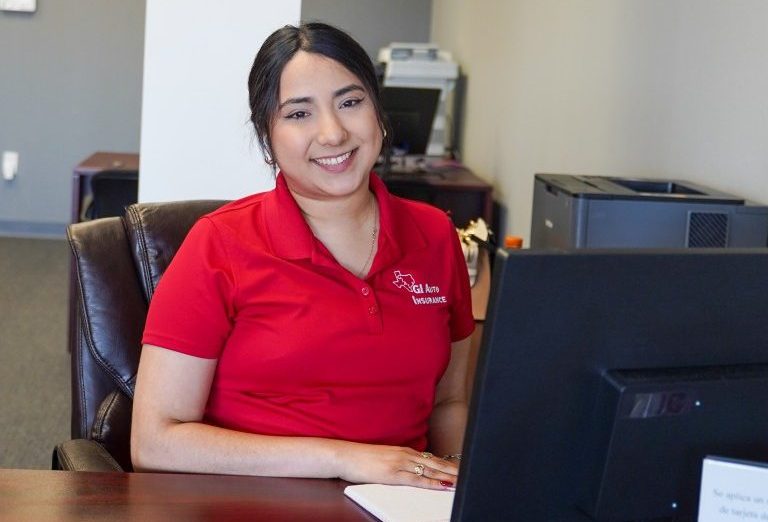
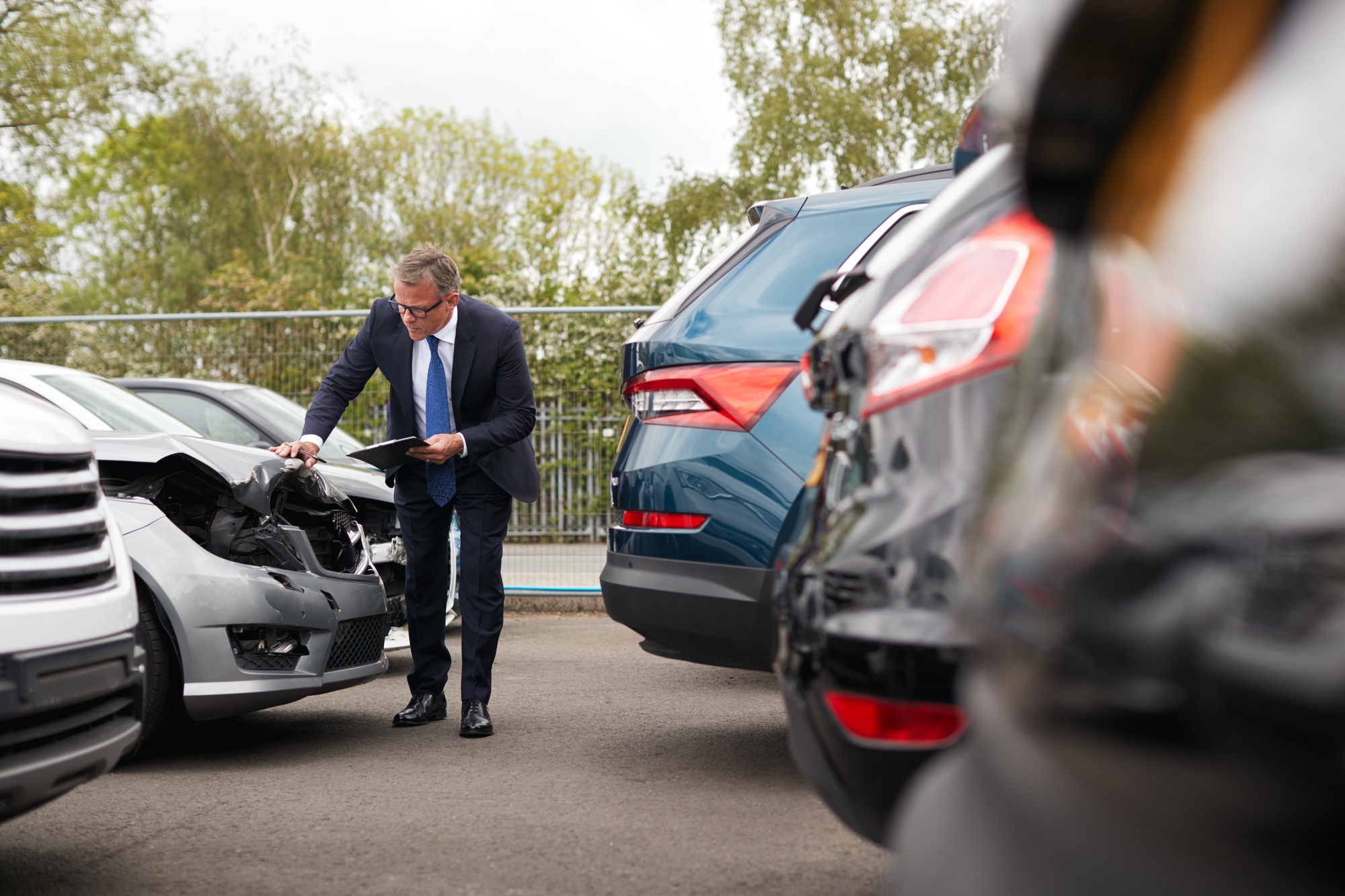
How GI Auto Insurance can help (fast, local, bilingual)
We compare multiple carriers that write Non-Owner SR-22 in Texas.
We handle the DPS filing and provide confirmation. Texas Department of Public Safety
We’ll recommend UM/UIM and PIP options and explain what they do. Texas Department of Insurance
Get a quick quote or see our Auto Insurance and How Car Insurance Works pages for context. (Internal links)
Other Articles
5 Powerful Options for High Risk Drivers Dallas
7 Proven Ways to Get Cheap Car Insurance in Dallas TX Fast
7 Must-Know Tips: Hail Damage Car Insurance Dallas
5 Proven Steps: Car Insurance with a Mexican License Dallas
3 Beneficios clave del Seguro comercial en Texas
Aseguranza sin licencia en Texas: Maneja protegido hoy
Contact Us
Our Customer Testimonials


The pricing is unbeatable; they offered me the best possible rates without compromising on coverage. Beyond the great value, their customer service truly sets them apart. The team is consistently helpful, knowledgeable, and genuinely a pleasure to work with. Whenever I have a question or need assistance, they are quick to respond and always provide a solution.
It's rare to find a company that combines affordability with such top-tier service, but GI Auto Insurance does it flawlessly. They've earned my loyalty, and I'm confident they'll impress you, too.




Frequently Asked Questions
An SR-22 certificate proving you maintain at least the minimum required liability insurance. The insurer must notify DPS if your policy cancels or lapses.
Yes. DPS allows a non-owner SR-22 if you don’t own a vehicle.
No. It’s liability-only—you’re covered for others’ injuries and damage, not damage to the car you’re driving.
At least 30/60/25 in Texas; many drivers choose higher limits for better protection.
Insurers must offer them; you can reject in writing. Consider keeping them for medical and uninsured-driver protection.
Reliable Insurance Plans for Every Stage of Life
Whether you’re starting a family, buying a home, or planning for retirement, our reliable insurance plans are here to protect you at every step. We offer personalized coverage for health, life, property, and more, ensuring that you’re covered when you need it the most.

We're proud to represent great insurance carriers










